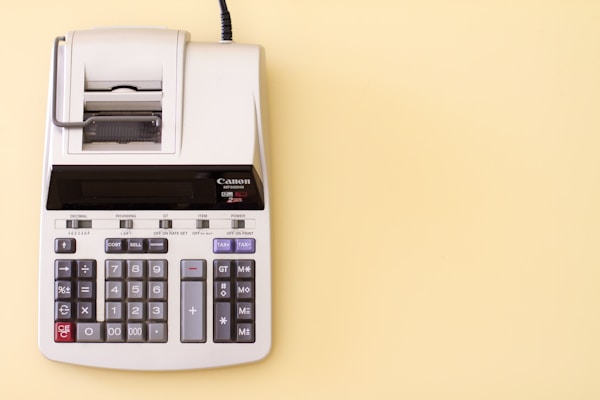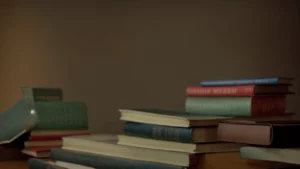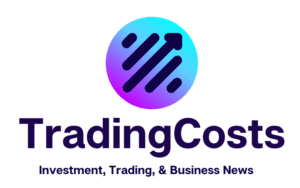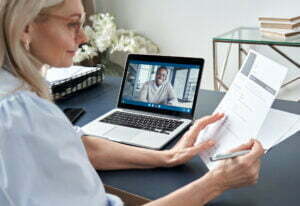CPE stands for continuing professional education. It is a requirement for accounting professionals to complete a certain number of CPE hours on an annual basis in order to maintain their licensure. These classes provide accountants with the opportunity to learn about new updates to the profession, network with their peers, and earn credits that can be applied to their CPE requirement. There are several ways to fulfill your CPE requirements, but one of the most common is to take self-study CPE courses. If you’re interested in this method, read on to learn more about the basics of self-study CPE.
What are the basics of self-study CPE?

Self-study CPE courses are online courses that allow you to study on your own time and at your own pace. They are a great way to get the continuing professional education (CPE) you need to maintain your accounting or auditing certification. Self-study CPE courses are also a good option if you are unable to attend traditional CPE courses due to work or family responsibilities. Every accountant knows that their CPE obligations are crucial, but it can be difficult to fit in-person classes into a busy schedule, especially when you have a lot of other things on your plate.
Most self-study CPE courses offer a variety of learning options, including video lectures, audio lectures, and written course materials. You can usually access these materials whenever you want, and you can finish the course at your own pace. Some self-study CPE courses also include exams, which you must pass in order to earn CPE credits. There are many different courses, so you can read reviews and customer experiences to find out about the pros and cons of a specific program.
In order to become an accountant initially, you must first complete a four-year college degree in accounting or a related field. After completing your degree, you must then complete a one-year accounting certification program. Once you have completed both your degree and certification, there is an additional series of exams that you need to pass to become a certified public accountant (CPA). Becoming a CPA is a rigorous process that can take years to complete and you will need to keep up with your CPE credits in order for your license to remain active.
Is being an accountant a good career?

If you’re interested in becoming an accountant, then the answer is yes, being an accountant can be a very good job. Public accountants work for accounting firms, helping clients with things like bookkeeping, preparing tax returns, and providing financial advice. They usually have a lot of flexibility in their work schedule, and they can often earn a good salary. You could also become a management accountants and work at a business, giving financial information to managers so they can make better decisions. The average median salary for an account in the United States is over $70,000, which is much higher than the national average.
One benefit of becoming an accountant is that there are many possible industries you can work in. There are public accountants, management accountants, government accountants, and internal auditors, to name a few. You could also go into one of the several other types of accounting specialties, such as financial accounting, management accounting, auditing, and tax accounting. With a little experience and hard work, you can become a senior CPA or even a partner in a accounting firm. It all depends on your career goals and personal interests.
As you can see, it takes a lot of work to be an accountant, but the work is often well worth the rewards. Accounting is an industry that is experiencing consistent growth and has reliable job security. Accountants also typically make more than the average salary, making it a potentially lucrative career as well. CPAs who own their own business or work for themselves can make even more, though you will need some experience in the business world as well. However, no matter what type of accountant you are, you’ll need to keep up with your CPE requirements in order to maintain your certification and continue to practice.












